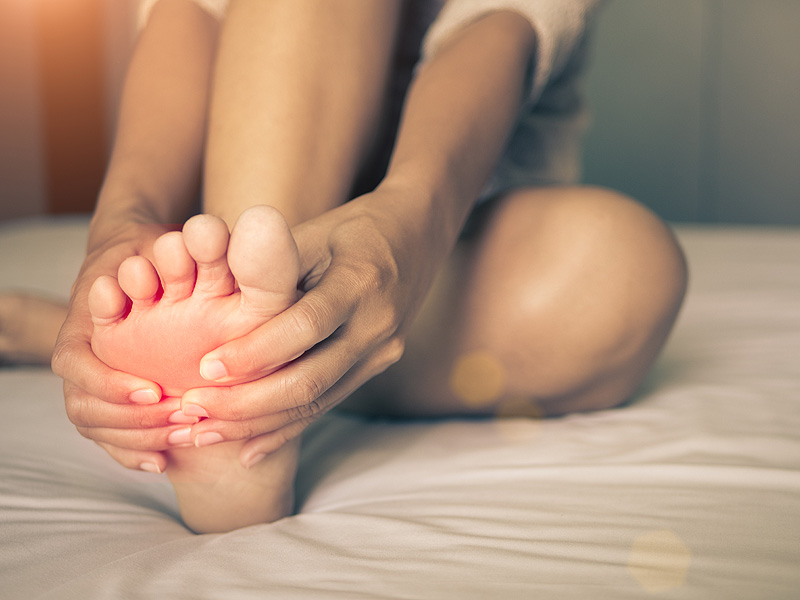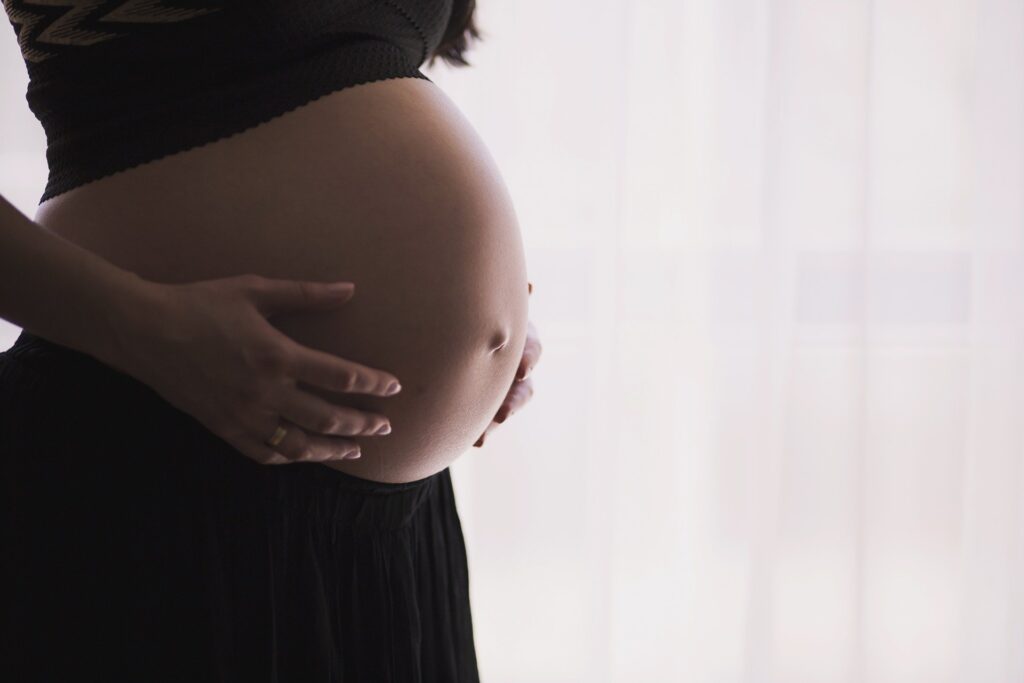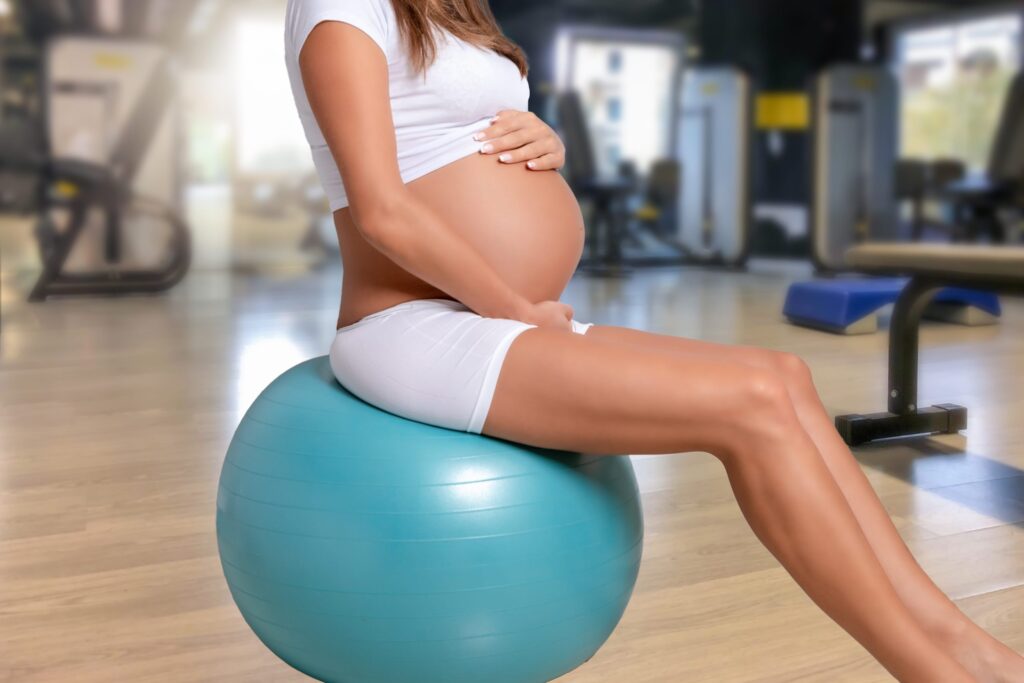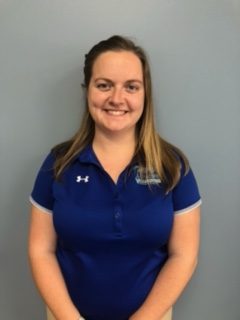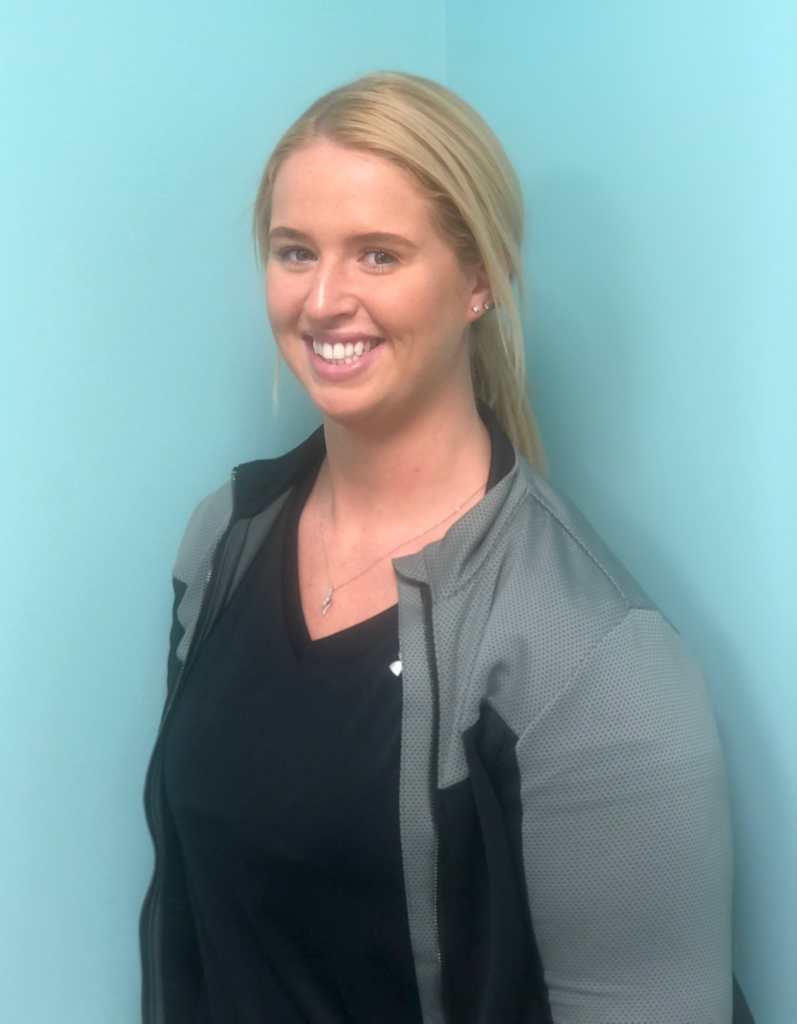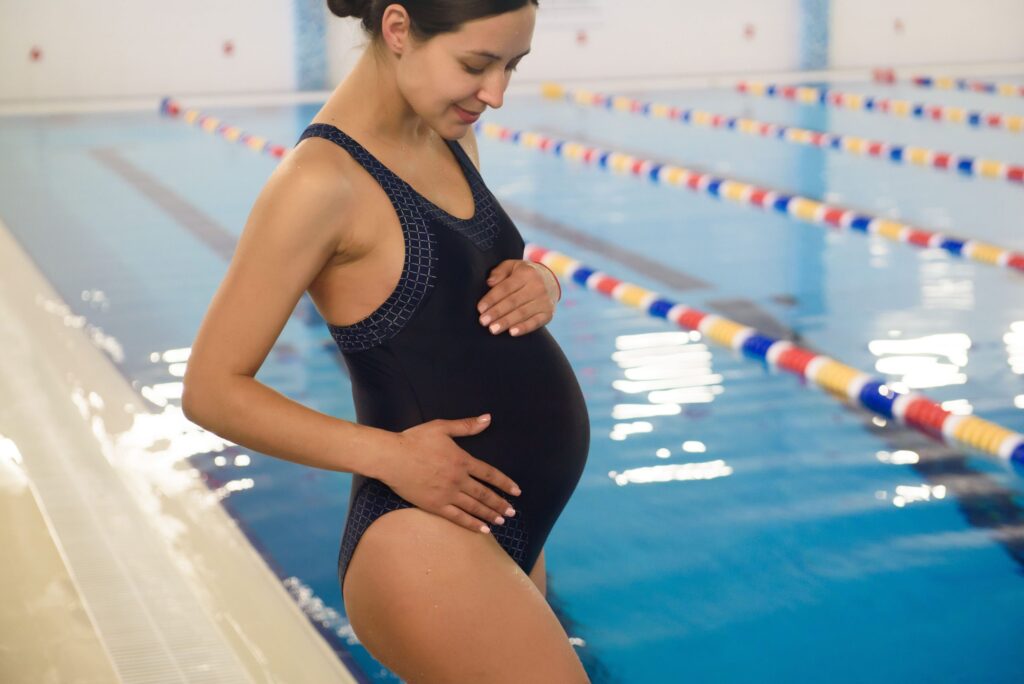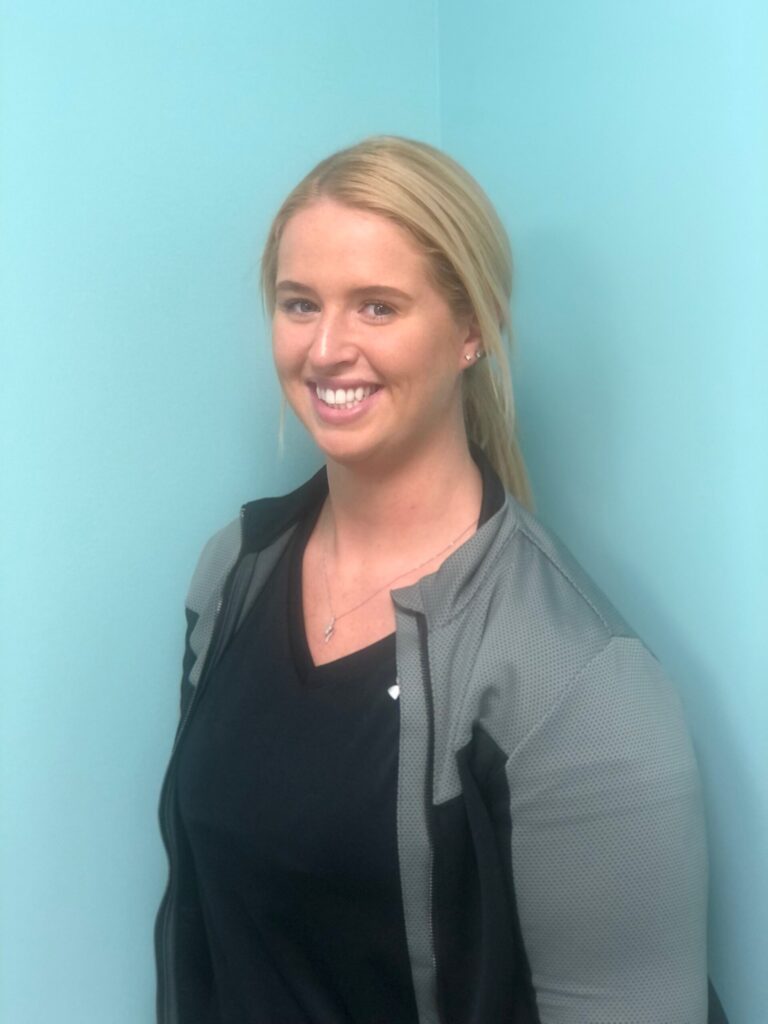
Physical Therapy Can Help You Stay Strong During Pregnancy And Beyond

By Kayla Bell, PTA – Aquacare Seaford
Becoming a mother is an incomparable experience, but it also poses many physical and emotional challenges. During pregnancy, women experience a plethora of changes in their body, some of which can be extremely taxing on their musculoskeletal system. Add postpartum recovery to the mix, and the results can be painful and debilitating for many women. That is where specialized physical therapy comes in, providing a holistic and non-invasive approach to alleviate pregnancy-related pain and restore strength and flexibility.
Physical therapy during pregnancy
Pregnancy can be a period of ambivalence for most women, caught between feeling excited about the arrival of their new baby and the overwhelming physical and mental stress. As the pregnancy progresses, the body undergoes many changes to accommodate the growing baby, which can put a strain on important anatomical structures within the body. Some common musculoskeletal problems faced by pregnant women are poor postural awareness, back pain, pelvic pain, and diastasis recti. Physical therapy can help manage these symptoms by providing manual interventions and targeted exercises focusing on pain relief, postural alignment, and regaining strength.
One of the most overlooked but significant benefits of physical therapy during pregnancy and postpartum is improved pelvic floor function. The pelvic floor is an essential muscle group for safe delivery of babies and controlling bladder and digestive habits. Even women without any pre-existing conditions are susceptible to pelvic floor dysfunction during and after childbirth, which can lead to incontinence, pelvic organ prolapse, and sexual dysfunction. Physical therapists can educate women on proper and efficient use of their pelvic floor muscles and teach exercises that are integrated into all activities of daily living. The result can be a reduction in pain and improved function during delivery and a healthier recovery afterward.
Postpartum physical therapy (The Fourth Trimester)
After delivery, most new mothers experience a long period of physical recovery where the body undergoes significant changes trying to heal itself. While pregnancy brings about physical changes, postpartum recovery can take months and can cause joint and muscular pain, incontinence, separation of abdominal muscles, and even postpartum depression. It’s crucial to address these symptoms quickly to ensure a smooth transition to motherhood, and physical therapy can play a crucial role.
Postpartum physical therapy aims to help new mothers heal, recover, and regain their physical confidence. One of the primary focuses of postpartum physical therapy is addressing diastasis recti, a separation of the rectus abdominis muscle caused by pregnancy. The separation can cause exacerbating lower and upper back pains, weakening core stability, and poor tolerance to activities of daily living. However, through manual interventions and targeted exercises, physical therapists can help reduce diastasis recti’s separation and improve core strength.
After giving birth new moms should be able to focus most of their time on their newborn baby. Mothers who have undergone a cesarean section will need more time to heal internally and externally. Physical therapists can educate moms on incision and scar management and can even reduce the chance of scar tissue adhesions that may occur during the healing process.
Another common postpartum problem is incontinence caused by childbirth-induced pelvic floor dysfunction. With the help of physical therapy, women can retrain their pelvic floor muscles to become active and strong once again, bringing them back to full function. This can reduce the occurrence of urinary leakage and prevent long-term complications such as pelvic organ prolapse.
Focusing on strength
Women who are pregnant or have recently had a baby need individualized attention on their physical health. Prenatal physical therapy can help manage musculoskeletal pain, improve pelvic floor function, and make delivery and recovery more comfortable.
Postpartum physical therapy is essential for proper healing, recovering, and regaining physical confidence. These targeted exercises can address diastasis recti, incontinence, and postpartum depression; they can improve body mechanics, assist with weight management, and promote well-being.
Physical therapy is an excellent tool to help women navigate the physical challenges of motherhood, restore mobility, and lead a healthy and holistic life. Do not start a new fitness plan without discussing it with your healthcare provider. If you are experiencing postpartum depression, talk to a professional. You can also call or text the Postpartum Support International HelpLine at 1-800-944-4773 (4PPD).
Aquacare physical therapy teams in Seaford, Millsboro, Milford, Millville, Easton, and Salisbury offer this specialized pregnancy and postpartum program. Call the office nearest you to schedule your appointment.
Kayla Bell, PTA, is a physical therapist assistant at Aquacare – Seaford. A native of Bridgeville, Kayla earned her associate degree from Delaware Technical Community College in 2021. In 2023, she earned her certification as a pregnancy and postpartum specialist and provides services for women who are ready to regain muscle, improve strength, and get back to regular exercise. She enjoys participating in community events and is a member of Sussex Tech’s Athletic Health Care & Physical Therapy Advisory Board. Learn more: www.aquacarephysicaltherapy.com. If you are a physical therapist looking for a great place to work, Aquacare is hiring. Learn more: www.aquacarephysicaltherapy.com/careers
.


